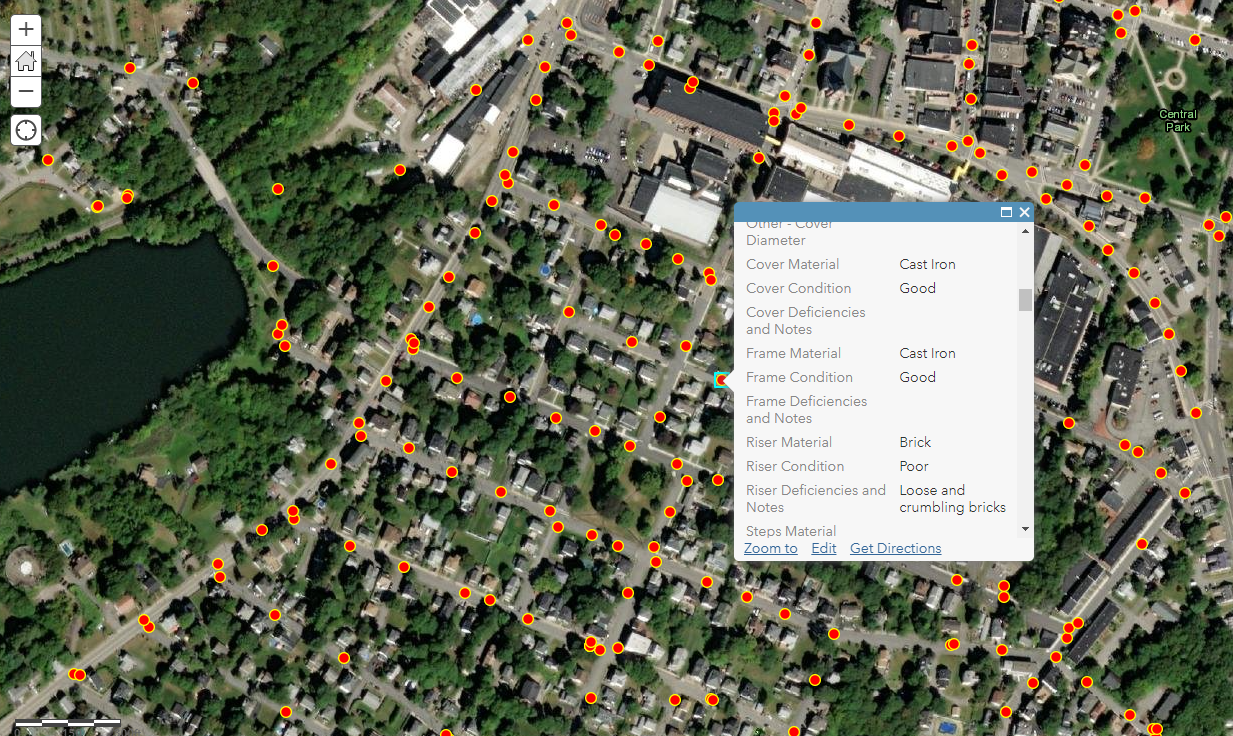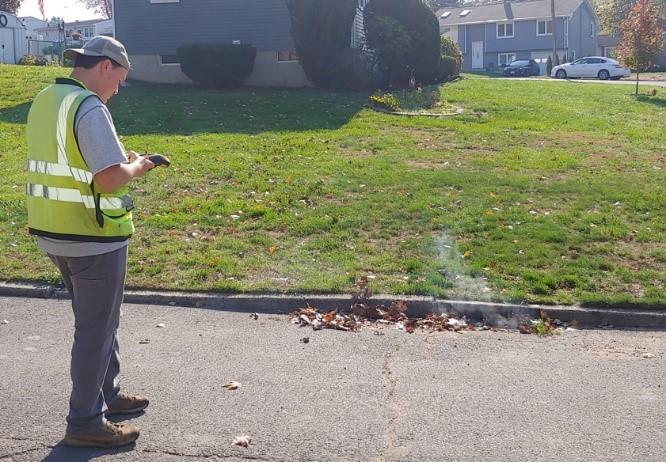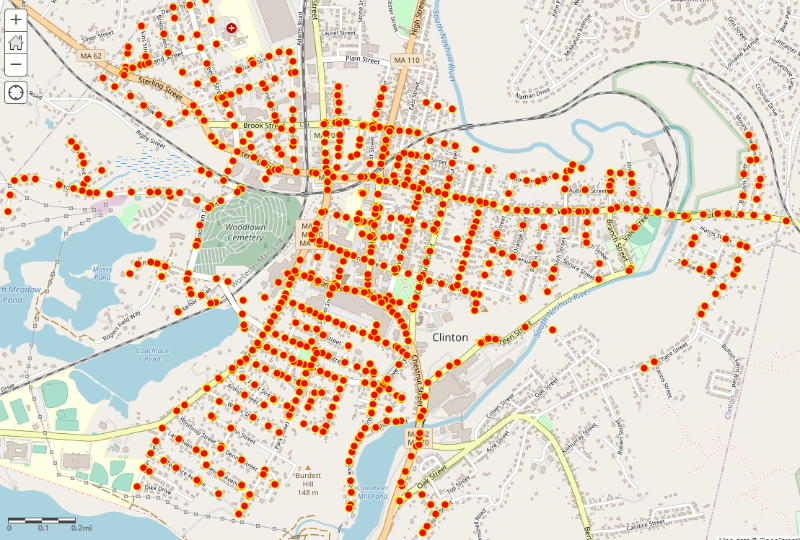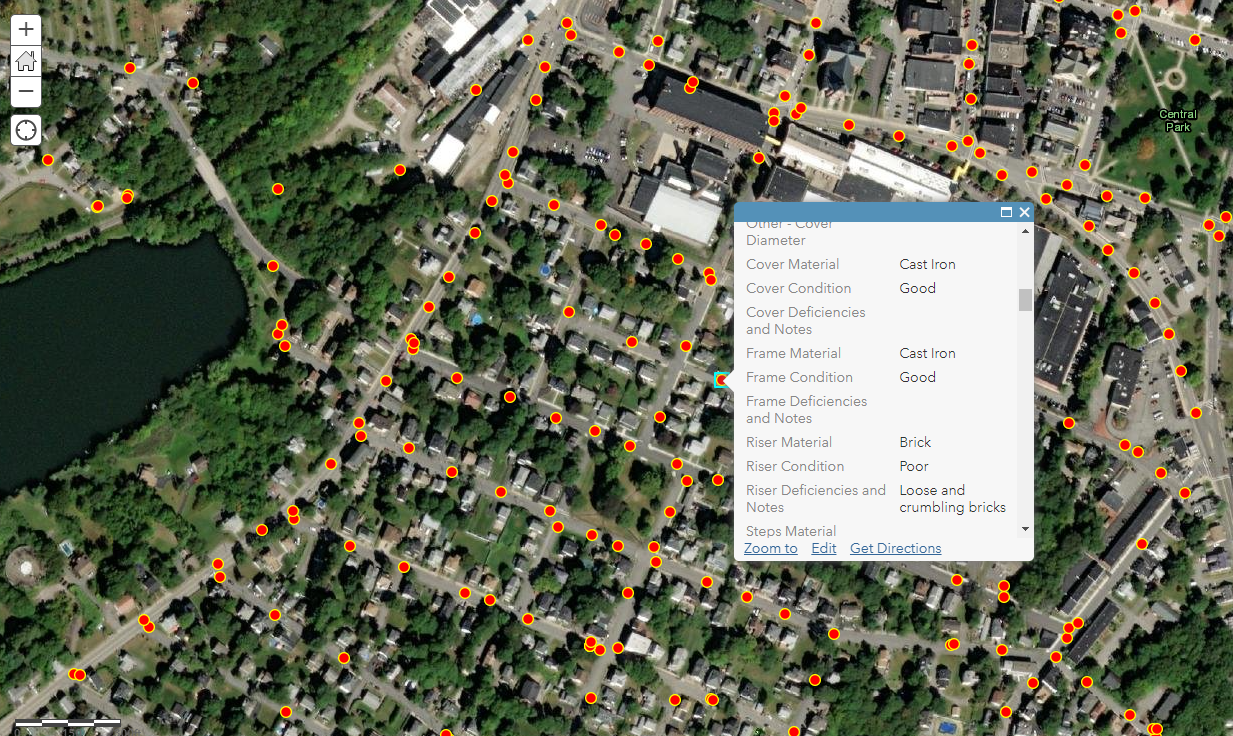Wastewater Asset Management
New England’s wastewater infrastructure is aging, providing unique challenges for wastewater departments. Inconsistent historical records and decentralized reporting can lead to missed opportunities to reduce maintenance costs while providing more reliable public service.
Key Benefits
- Risk Reduction
Emergencies are preventable. Use asset management for wastewater to be informed of preventative maintenance to reduce the risk of disruptive emergency repairs. Document and resolve potential safety issues before they impact employees or the public. Ensure regulatory requirements are achieved.
- Cost Savings
Asset management are an ideal capital project planning tool, providing insights and evidence for future infrastructure capital expenditure. Reduce the cost of operations and capital expenditure using information about your wastewater assets age, service history, and performance. Reduce the number of high-cost emergency repairs. Plan and set rates based on evidence.
- Knowledge in the Field
It’s common for decades of institutional knowledge be undocumented and reside in staff members memory. This can lead to operational blind spots, employee burnout, and difficulty onboarding. Easy and ongoing documentation of wastewater assets identifies areas of risk, regardless of employee tenure. It also identifies critical activities to focus maintenance activities. By democratizing asset maintenance information and providing key information to staff members in the field, they are empowered to be more effective in their role.
Solutions
- Centralize wastewater asset records. Easily capture data from historical records, employee experience, and ongoing activities.
- Track wastewater infrastructure status over time.
- Automatically generate work orders based on an asset’s maintenance history and service interval.
- Identify and defend capital planning needs for wastewater infrastructure improvements.
- Accessible anywhere with a web browser. No dedicated software.
Case Study: Clinton, MA
In 2020 CEI performed a sanitary sewer evaluation survey (SSES) for the Town of Clinton, MA. 884 manholes were inspected, 140,000 linear feet (LF) isolation flow monitoring was performed, 65,000 LF of sewer CCTV inspection, and 10,000 LF of Electroscan testing was conducted. CEI’s asset management solution was key to coordinating inspection activities and relaying information between stakeholders.
CEI’s asset management solution enabled the Town of Clinton with the knowledge to develop an evidence-based sewer rehabilitation program. The program maximizes of the Town’s budget while resolving inflow and infiltration sources. Future maintenance needs are better known and the Town is empowered with a better understanding of their wastewater system’s status.





